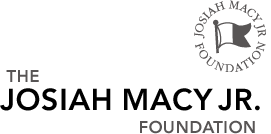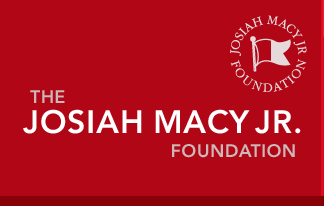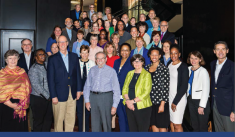Our Grantees
Across the Foundation’s priority areas, our grantees are working to improve the health of the public through innovative research and programs. The Foundation awards up to 40 grants on a rotating schedule each year.
Health Workforce Shortages
Most experts agree that there are now, or soon will be, shortages in virtually all health professions and that these shortages are not the same cyclical shortages seen in the past. To date, though, efforts to understand these shortages have been targeted to a specific profession or site. This study is based on the premise that the ability to carry out necessary health care functions is more important than the absolute numbers of any particular health care profession.
A number of factors threaten to exacerbate shortages in the health professions. These include:
- The growing cohort of aging baby boomers that will heighten the need for care, since the elderly typically have higher demands for health care services;
- Stresses in the health care practice environment that lead many professionals to early retirement or career changes;
- School and/or program expansion that is limited by severe shortages of faculty in almost all the health professions, except medicine, due in part to retirement and faculty retention problems;
- Serious “pipeline” problems that exist, especially for minority applicants;
- The fact that many institutions and/or states are raising tuitions at the same time other state and federal policies are limiting availability of student loans and loan repayment programs; and
- State and federal policies on licensure, scope of practice and reimbursement that have an indirect but significant impact on the numbers in the health workforce.
In this study, AHC is looking across the professions to identify any similarities and differences in reasons for the shortages, how they manifest in various care sites, and their implications. The study also will seek potential solutions to the workforce crisis, which requires an analysis of the effects of current policies at all levels. Too, the project hopes to identify those policies aimed at addressing work force needs that have a ripple effect (an example is the importation of nurses from abroad) and to identify successful recruitment and retention models that might be used in other settings.
Four workshops will be held to analyze and examine these issues in preparation for in a major conference to assess key findings, options and recommendations. All meetings will include representatives from academia, practice and policy arenas. Papers commissioned for the workshops will be widely disseminated and published in a book. AAHC’s Council on Health Workforce and Education, including 30 leaders of academic health centers and professional education groups, is overseeing the project.




 11.13.18
11.13.18